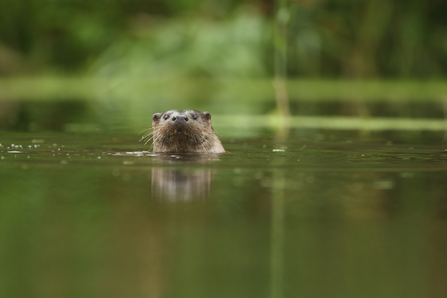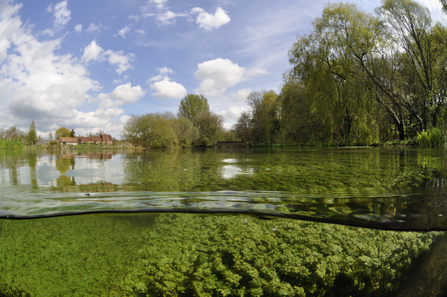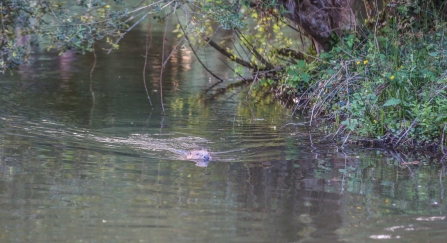On the divisive article published by the Times on Saturday 20th February an apparent conflict was aired where undoubtedly there shouldn’t be one. Regarding chalk streams and the potential for beavers to return to these catchments the article sought to revive old stereotypes of conservationists v anglers, Ford v Ferrari, Bugs Bunny v Elmer Fudd (it was this sensationalist) and did not represent the typical relationships shared in most catchments today.
The article drew upon a single case study of a new, enclosed beaver introduction into a chalk headwater as a basis to declare that the enjoyment of one’s ‘amenity rights’ would be imperilled. Without reference to peer reviewed science on the effect on fisheries or objective debate from anglers experienced in beaver presence, the article presented the assumption that chalk streams are different and inflexible to the uncertainty from an animal that has the potential to manipulate its environment . Of course, this draws the question of what a beaver might present to the hallowed aesthetic that we’ve come to expect of our chalk streams.
We have been here before. The recovery (and reintroduction) of the otter on the River Itchen 30 years ago, was derided by a faction that didn’t represent the majority of riparian owners or fishery managers and sought to perpetuate views that a more natural chalk river was incompatible with the way one should manage a river [exclusively for] for game fishing and at the instruction of those in ownership or paying for the privilege.
As the reality and greater understanding of otter ecology was proven we moved to new debates and divisions; river restoration and how far to go, woody debris, bankside grazing, single bank fishing, removal of impounding structures and more recently wild catch and release fisheries.



